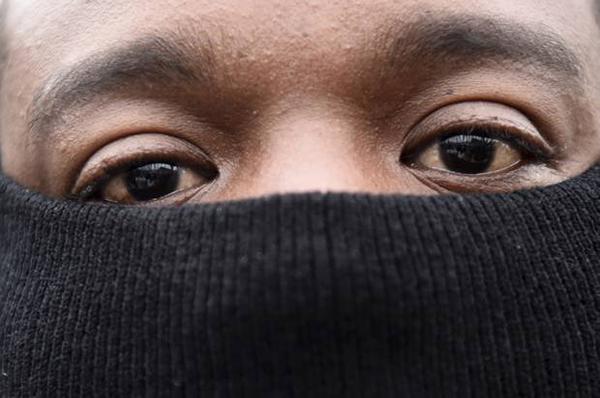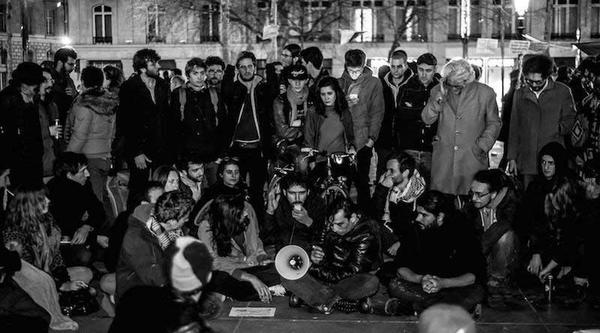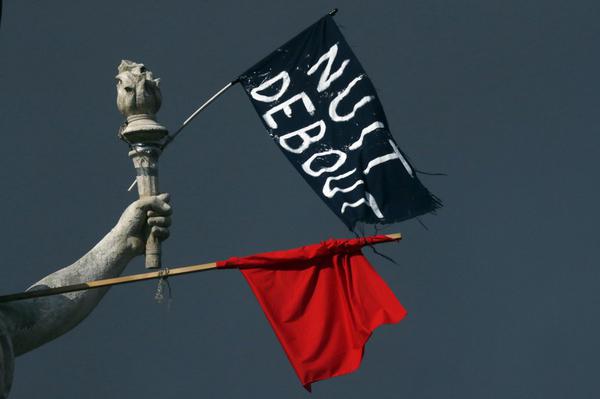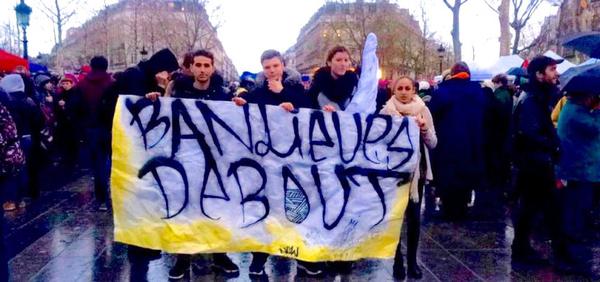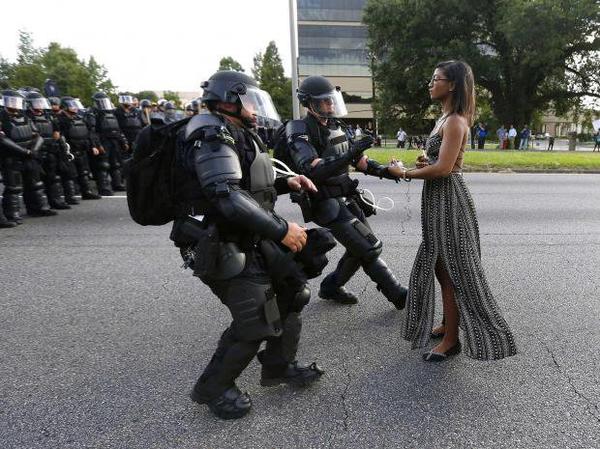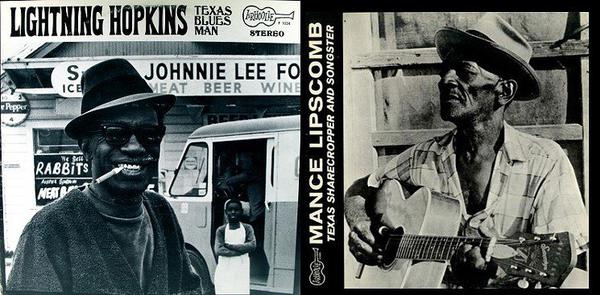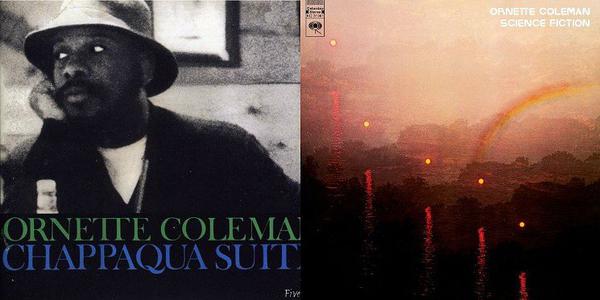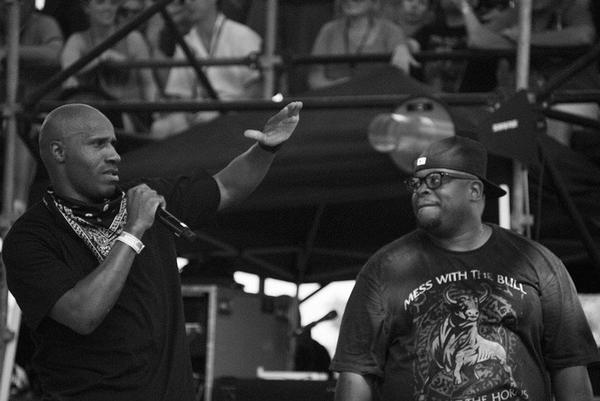The secret history of terror in Europe: How our blindness to a century of mistakes is making everyone less safe
While embracing France, invoking the spirit of “Nous Sommes Tous Francais” (or “We are all French”), it’s also critically important to have deeper analytical discussions about unresolved issues pertaining to the inextricable bond between imperialist Europe and the Middle East.
It’s time for the world to stop circumventing the unequivocal truth that much of what has happened in Europe with the rising terror threat level and the bloody massacres in Paris — labeled soft target attacks — is rooted


